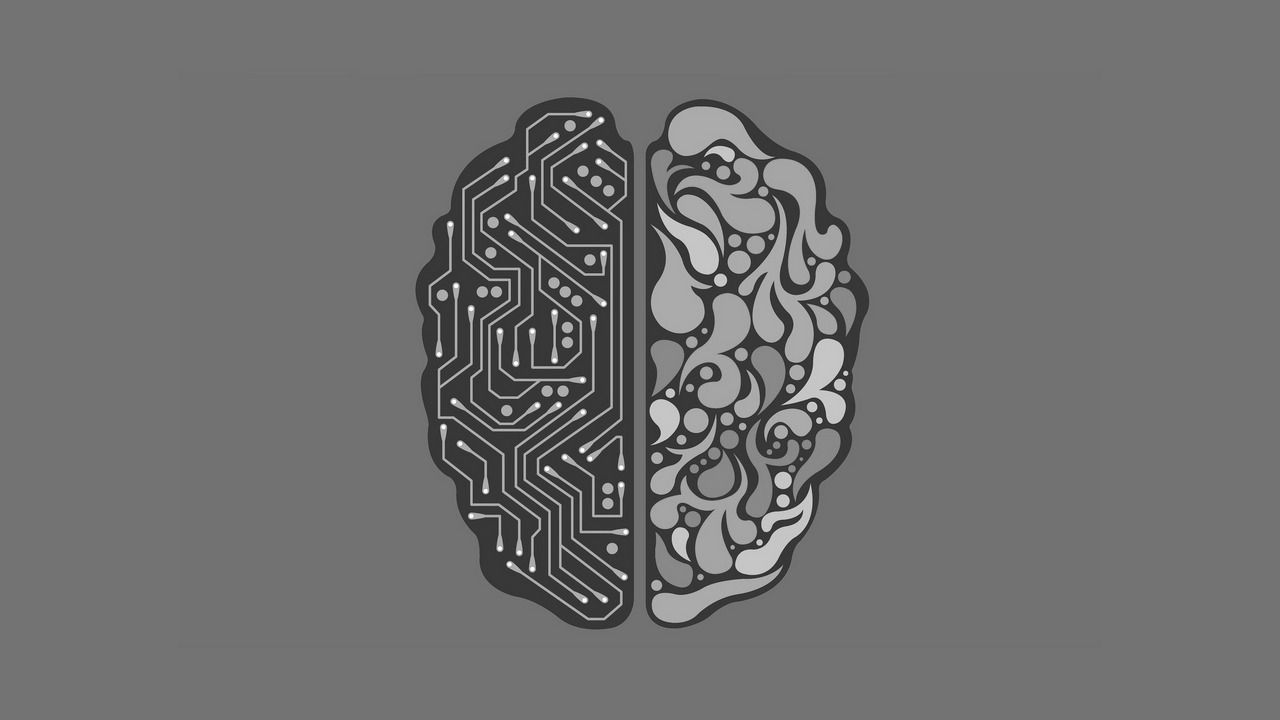Jun 20, 2018
10 Charts That Will Change Your Perspective On Artificial Intelligence’s Growth
Posted by Genevieve Klien in categories: biotech/medical, business, employment, information science, mapping, robotics/AI, security
- There has been a 14X increase in the number of active AI startups since 2000. Crunchbase, VentureSource, and Sand Hill Econometrics were also used for completing this analysis with AI startups in Crunchbase cross-referenced to venture-backed companies in the VentureSource database. Any venture-backed companies from the Crunchbase list that were identified in the VentureSource database were included.
- The share of jobs requiring AI skills has grown 4.5X since 2013., The growth of the share of US jobs requiring AI skills on the Indeed.com platform was calculated by first identifying AI-related jobs using titles and keywords in descriptions. Job growth is a calculated as a multiple of the share of jobs on the Indeed platform that required AI skills in the U.S. starting in January 2013. The study also calculated the growth of the share of jobs requiring AI skills on the Indeed.com platform, by country. Despite the rapid growth of the Canada and UK. AI job markets, Indeed.com reports they are respectively still 5% and 27% of the absolute size of the US AI job market.
- Machine Learning, Deep Learning and Natural Language Processing (NLP) are the three most in-demand skills on Monster.com. Just two years ago NLP had been predicted to be the most in-demand skill for application developers creating new AI apps. In addition to skills creating AI apps, machine learning techniques, Python, Java, C++, experience with open source development environments, Spark, MATLAB, and Hadoop are the most in-demand skills. Based on an analysis of Monster.com entries as of today, the median salary is $127,000 in the U.S. for Data Scientists, Senior Data Scientists, Artificial Intelligence Consultants and Machine Learning Managers.
Continue reading “10 Charts That Will Change Your Perspective On Artificial Intelligence’s Growth” »





















